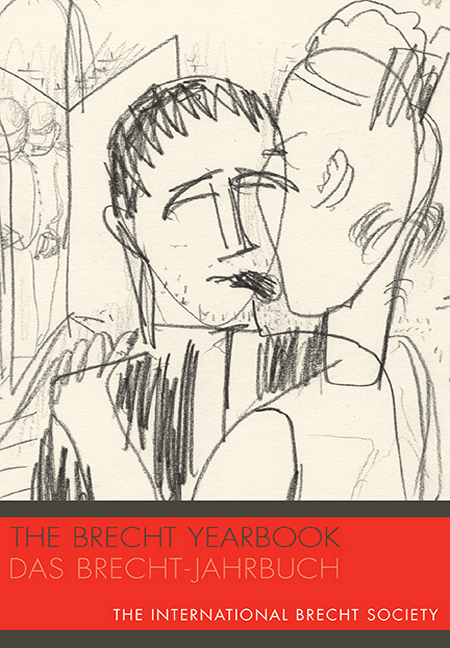Sara Joffré, Soul of Peruvian Theater
from Tribute
Published online by Cambridge University Press: 11 March 2017
Summary
It is still too early to make a just assessment of the voluminous legacy of Sara Joffré (1935–2014) to the theater and culture of contemporary Peru. Sara herself told me of one time when, during a discussion comparing the Peruvian theater with other Latin American theater systems, a colleague and countryman pointed out: “In Peru we don't have a National Institute of Theater or something like that; in Peru we have Sara Joffré.” Sara recalled this and laughed with a touch of irony. But I think that there are many of us, Peruvian cultural producers and cultural critics, who have often thought about her exactly in this way.
Sara Joffré was an acclaimed playwright, whose works included La Hija de Lope, Camille Claudel, Se administra justicia, Niña Florita, and many others, including several plays for children. She was particularly gifted at continuously reinventing herself: an avant-garde, renowned director during the 1960s; an extraordinary critic during the ‘80s and ‘90s; and a perennially leading researcher (and promoter of research) of the Peruvian theater during her last years. But probably the most visible of her legacies are directly connected to the support and spread of playwriting in Peru. Joffré was the creator of the Muestra de Teatro Peruano (Peruvian Theater Festival, inaugurated in 1974 and still running). She subsequently also became the managing editor of a journal with the same name (Muestra, 2000–2014), exclusively devoted to publishing Peruvian dramas. These undertakings were critical contributions to Peruvian theater culture because they put Peruvian authors on the map and fostered a culture in which Peruvian stages became more interested in disseminating the work of Joffré and her fellow Peruvian playwrights.
Joffré was also significant because of her connection to Bertolt Brecht's work. Clearly, she was the most important scholar and disseminator of Brecht in Peru. In the eyes of Peruvian theater artists, Joffré's image is always tied to that of Brecht. From her very early career (mid-1960s) on, she directed Brecht's plays. Later, she was a key figure in teaching the importance of the Brechtian approaches to theater as a collective practice, particularly in the context of a country suffering a deep social crisis.
- Type
- Chapter
- Information
- The Brecht Yearbook / Das Brecht-Jahrbuch 40 , pp. 1 - 3Publisher: Boydell & BrewerPrint publication year: 2016



